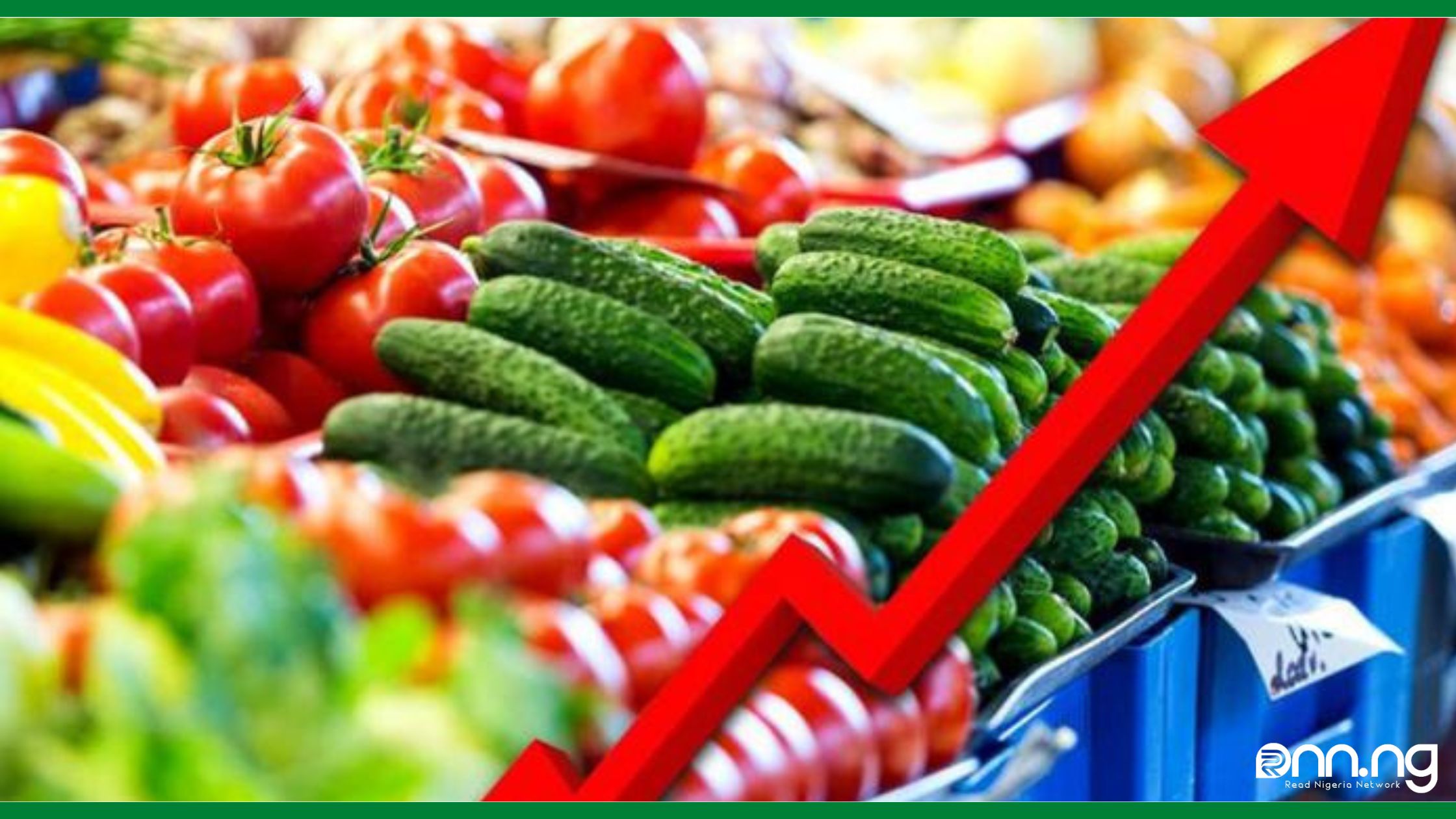Business News
BREAKING: Nigerian inflation rate hits 22.41% in May
Nigeria’s inflation rate increased to 22.41% in May 2023, up from 22.22% in April. This is the fifth consecutive month that inflation has increased.

Nigeria’s inflation rate increased to 22.41% in May 2023, up from 22.22% in April. This is the fifth consecutive month that inflation has increased. The rise in inflation was driven by higher prices for food, housing, and transportation.
Food and non-alcoholic beverages had the biggest impact on inflation, with prices rising by 11.61%. Housing, water, electricity, gas, and other fuels also saw significant price increases, rising by 3.75%. Clothing and footwear prices increased by 1.71%.
The Central Bank of Nigeria has taken steps to try to control inflation, including increasing interest rates and selling bonds. However, these measures have not yet been successful in bringing inflation under control.
The high inflation rate is putting a strain on household budgets and is slowing economic growth. The government and the Central Bank will need to take further steps to address the inflation problem.
Food inflation
The Food inflation rate rose to 24.82% in May 2023, representing a 0.21% point increase from 24.61% recorded in the previous month and 5.3% points higher than 19.5% recorded in the corresponding period of 2022.
- On a month-on-month basis, the Food inflation rate in May 2023 was 2.19%, this was 0.06% higher compared to the rate recorded in April 2023 (2.13%).
- The average annual rate of Food inflation for the twelve-months ending May 2023 over the previous twelvemonth average was 23.65%,
- The rise in food inflation on a year-on-year basis was caused by increases in prices of Oil and fat, Yam and other tubers, Bread and cereals, Fish, Potatoes, Fruits, Meat, Vegetable, and Spirits.
Core inflation
The core inflation rate in Nigeria increased to 20.06% in May 2023, up from 14.90% in May 2022. This was driven by higher prices for goods and services that are not directly related to food, such as transportation, medical care, and personal care items.
On a month-on-month basis, the core inflation rate was 1.81% in May 2023, up from 1.46% in April 2023. This was due to a rise in prices for a variety of goods and services, including gas, passenger transport by air, liquid fuel, vehicle spare parts, fuels and lubricants for personal transport equipment, medical services, and passenger transport by road.
The average twelve-month annual inflation rate was 18.33% for the twelve months ending May 2023. This means that prices on average increased by 18.33% over the past year.
The high core inflation rate is a sign that inflationary pressures are still present in the Nigerian economy. This is likely due to a number of factors, including the ongoing conflict in Ukraine, which has led to higher energy and food prices. The government and the Central Bank of Nigeria will need to take further steps to address the inflation problem.
Bottom line
Nigeria’s inflation rate continues to increase further on the back of the surge in energy and food prices, coupled with the cash crunch experienced in the first quarter as a result of the new naira redesign by the CBN.
The rate has remained high despite measures by the monetary authorities to clamp down on inflation by increasing interest rates to as high as 18.5% in May 2023.
Meanwhile, inflation is expected to continue its upward trend through the year, following the announcement of the removal of petrol subsidies and the adjustment of the FX rate at the official market.
MORE NEWS ON RNN
BREAKING: Nigerian banks can now trade Forex Freely; CBN
Inflation: Nigeria’s minimum wage of N30k is now valued at N19.3k; the World Bank
Nigeria’s inflation rate increased to 21.47% in November 2022
